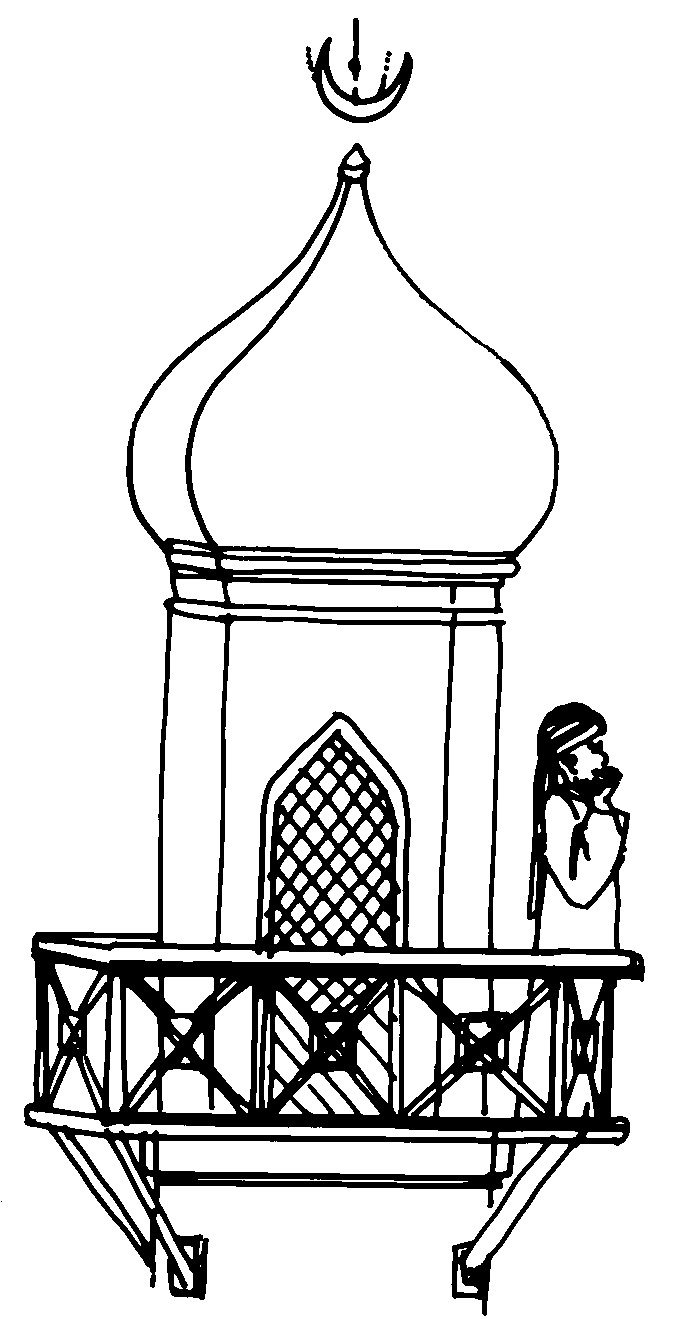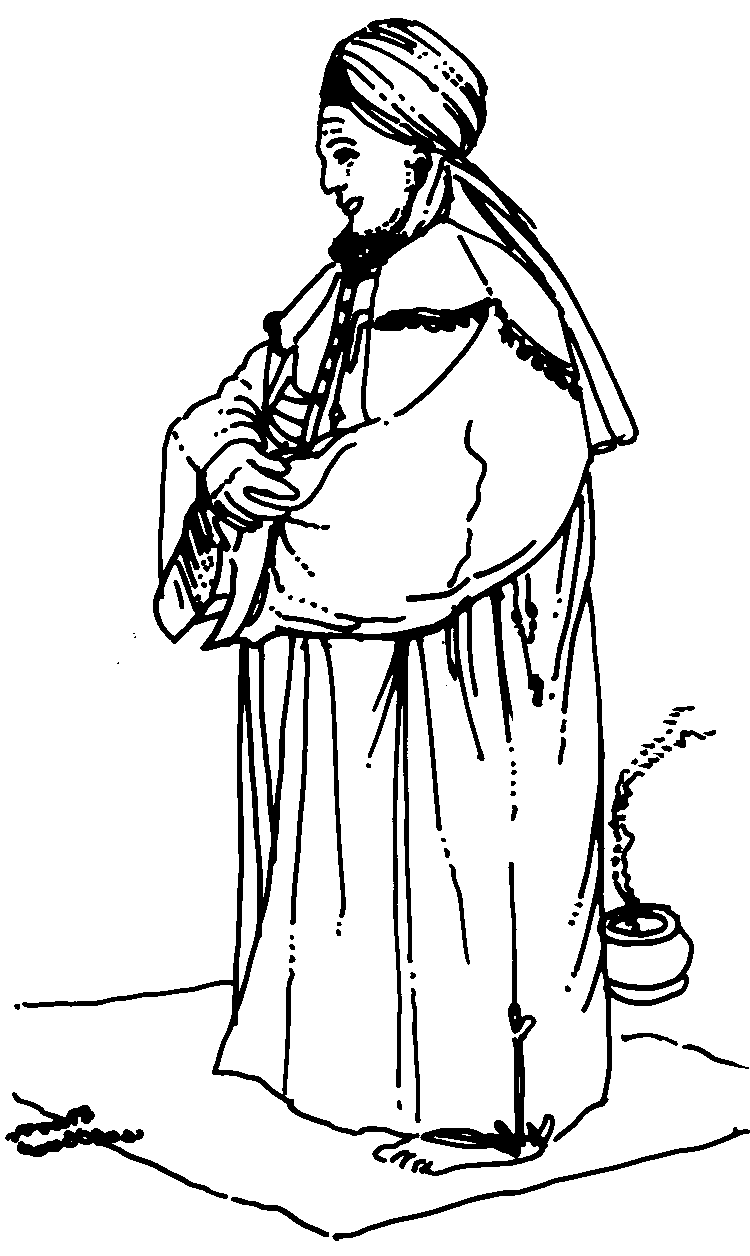| << Chapter < Page | Chapter >> Page > |
Divide into your groups. The group leader will write. We are going to solve Van Riebeeck’s problems in four steps:
Step 1: What problems , do you think, will Jan van Riebeeck and his group encounter in this new country?
Step 2: Discuss all these problems and then select the most important problem . Everyone in the group must agree. Write this down: How will we …?
Step 3: How many possible solutions to this problem can you think of?
Step 4: Decide together what the best solution will be.
You have five minutes to practise before each group has to enact its problem and the solution. The group leader must start off by stating the problem briefly and mentioning how you intend solving it.
a) Here are some more examples of people who found a new home in South Africa. Start off by trying to discover as many as possible on your own, and then compile your own time-line.
Since the navigator, Diego Câo, went ashore here in 1485, the
P__________e (1) have been here.
The first s_____s (2) arrived here from Angola in 1658.
In 1652 the D_______ (3) arrived here with Jan van Riebeeck.
The F_______ (4) Huguenots came to South Africa in 1688 for the
sake of their religion.
In 1820 the B____________ (5) Settlers settled along the eastern border of the Cape Province.
About 400 G_________ (6) soldiers settled in South Africa after the Dutch administration had come to an end.
In 1860 11 G___________ (7) sailors deserted their ship in the Port
Elizabeth harbour and stayed here.
Quite a number of I_________ (8) soldiers who were detained here during the Second World War, remained here.
Supply your own two examples.
EARLY PEOPLE FROM THE FAR EAST
The Cape Malays were the first group of people from Asia to come to South Africa. They were mainly from the East Indies. They came to the Cape during Dutch rule. Most of them were Muslims. They were very good at baking bread and cakes, and there were many excellent builders, carpenters, cooks, washerwomen and fishermen amongst them. Some of them also grew vegetables and sold their produce at the market or in the streets.


This is the story of the Indians …
The first white farmers in Natal grew cotton. In 1847 the Milner brothers brought seed canes from Mauritius and that was the start of sugar cane farming in Natal. The first sugar cane plantations were established. More and more small mills, driven by cattle, were built. Large plantations and machinery followed. It soon became clear that cheap but trustworthy labourers were needed for the sugar cane farming to be successful.
The Zulu men were not really interested in becoming labourers. They were quite capable of making a living with what they owned. In any case, the men believed that agriculture was women’s work. In 1860 Indian labourers were brought to South Africa on contract. By 1910 more than 150 000 had already come here as part of the scheme. They were transported free of charge, worked nine hours per day, earned a wage of 10 shillings per month and would be free after five years. Some Indians also came here as ordinary immigrants, especially with a view to opening shops and businesses.
Because there was tremendous poverty and misery in India, very few Indians went back after five years. Most of them stayed in South Africa and got jobs. Many Indians started their own businesses – they became dealers, factory owners, fishermen and market-gardeners. They became remarkably successful.”
a) Design your own crossword puzzle with questions (3 down, 3 across) in which you summarise the most important information about the Indians. Swop with your friend so that you can fill in his/her puzzle.
Now that you understand more about the earliest inhabitants, we shall be studying their way of life in the next module.
LEARNING OUTCOME 3: INTERPRETING HISTORY – The learner will be able to interpret aspects of history
3.1 Be aware of more than one view of the past
Understand that different views of the same issue may be right or wrong.
3.2 Distinguish between fact and opinion.
Distinguish between a fact and an opinion.
Is able to access information from maps, charts, diagrams and graphs.
3.3 Reconstruct the past
Is able to reconstruct events and understand how people feel about them.
Memorandum
ACTIVITY 2 (a)

Notification Switch
Would you like to follow the 'Social sciences: history grade 5' conversation and receive update notifications?